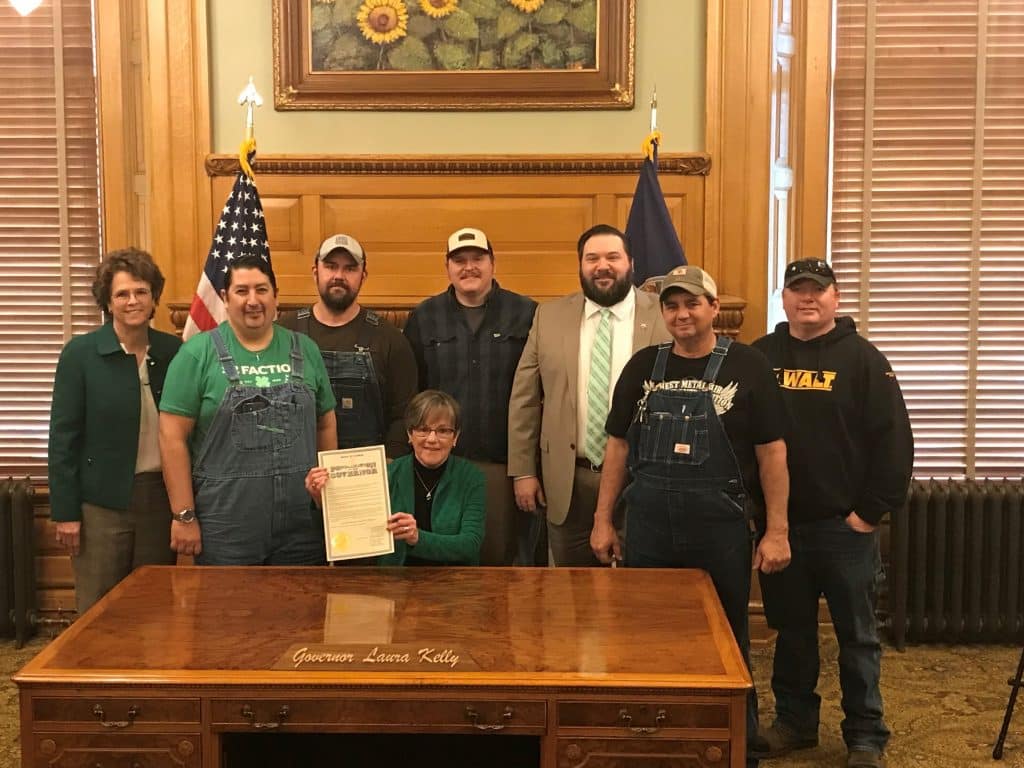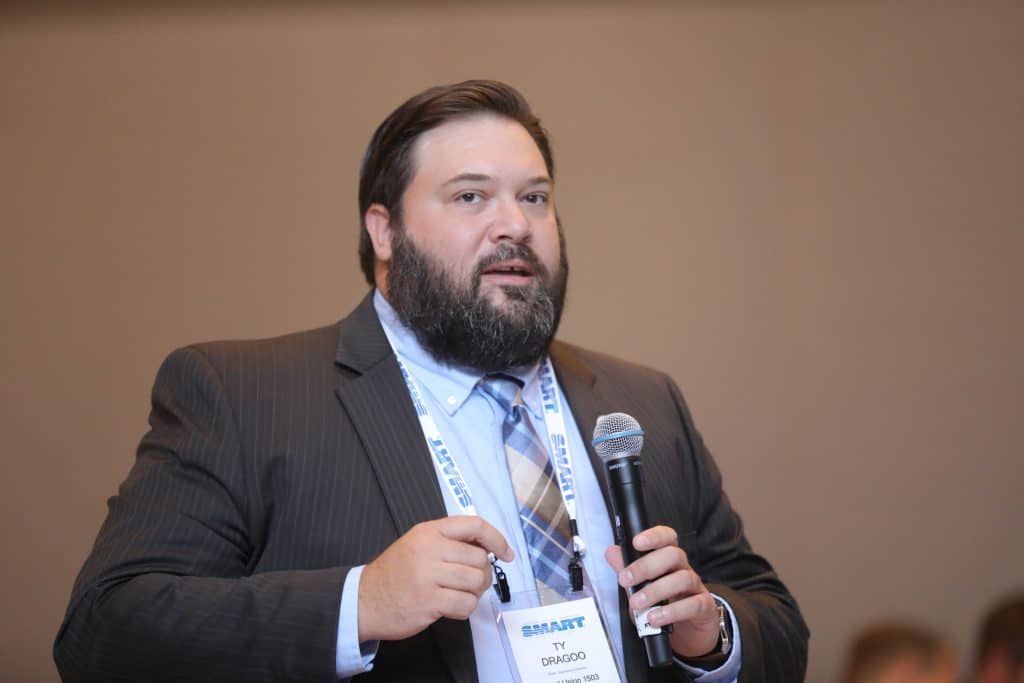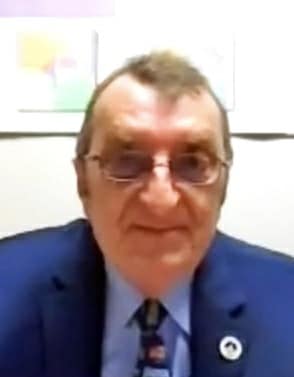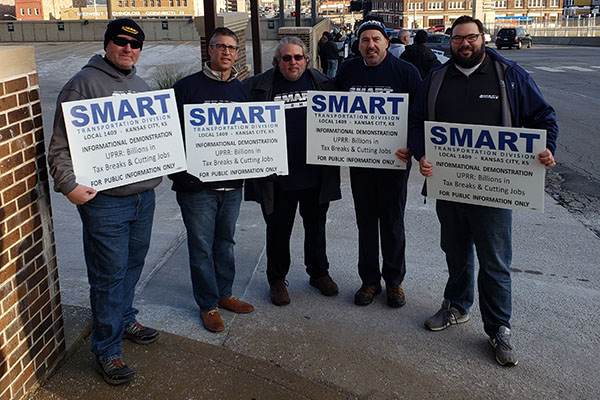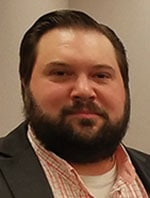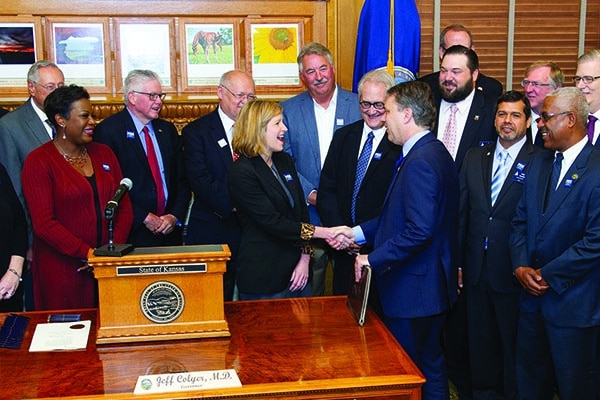A confusing scenario has played out in the Midwest this week involving the Union Pacific Railroad and its intention to create a new position in Kansas and Nebraska.
The truth of the matter is that UP is creating new positions; however, the positions being created are in addition to their current road and yard crews, not as a replacement for road conductors.
These utility positions will have the ability to assist road crews in addition to the standard utility role of working within yards. The utility jobs pay well and are additional scheduled positions that are not replacing the role of the traditional conductor on road trains.
The Associated Press (AP) ran a headline this week stating these utility jobs were the enactment of the UP’s now-infamous nomadic “Expediter” position which was the plan they made public last December before FRA to take conductors off road trains. Ironically, the recent article the AP ran was based on comments made by a member of UP management at a hearing in Topeka, Kansas that was making the state’s 2PC regulation the law throughout Kansas.
With this as the backdrop, it is difficult to understand how some have interpreted the statement of the executive as an announcement that UP was ready to come out of the world of poorly made YouTube videos and into the reality of American railroading and that the union had suddenly changed its position on a minimum crew size, but that is apparently what happened in some’s minds.
UP officer Jason Pinder’s imprecise statements during Monday’s public hearing on the Kansas Administrative Regulation that finalized our union’s successful efforts to bring 2PC to Kansas caused all this. Coverage of Pinder’s take on the new utility positions reasonably made railroaders in the region ask themselves the question, “Who do I trust the least, rail executives, or the media?” The answer is that you should check the sources for both!
Luckily for all involved and for accuracy’s sake, SMART-TD was well-represented at this hearing and is able to give first-hand details of what went on from not only Kansas State Legislative Director Ty Dragoo, but also Luke Edington, general chairperson of GO-953, who negotiated the UP crew-consist agreement for SMART-TD. These two leaders are intimately aware of what UP can and cannot do with these new utility workers. They are among the men who put in the time and effort to guarantee UP cannot, under any circumstances, remove conductors from the cab of the locomotive.
Brother Edington took the quotes from Pinder personally and did not appreciate the confusion the words of the ill-informed “railroader” caused for his members. Responding to what the AP published, Edington fired off a letter to UP’s CEO Lance Fritz. In his correspondence, Brother Edington pointed out that this new utility position “may only assist Conductors and Foreman with duties.” He added that his office has “not agreed to a ‘pilot program’ for redeploying conductors as Mr. Pinder alleges.”
Edington wants it to be clear to all involved, including Lance Fritz, that SMART-TD agreed to expand the utility assignment so it could assist road conductors as well as conductors and foremen on local and yard assignments. We stand firm and continue to maintain that two on the crew is the safest course of operations. We did not and will not agree to give away our members’ jobs!
See below the letter GC Edington sent to Fritz.
